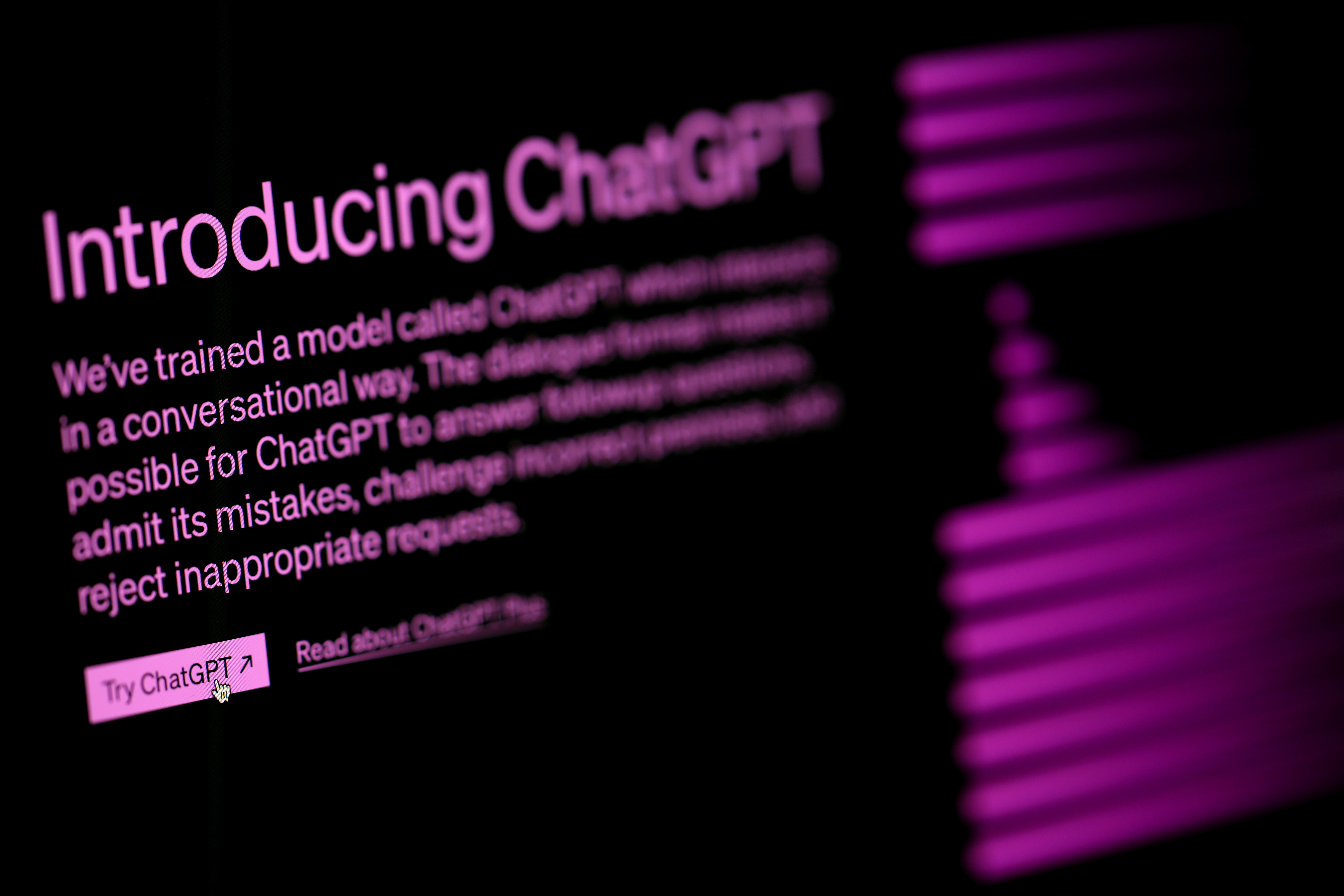
ChatGPT Faces Global Outage: What Happened and How the Internet Reacted
On January 23, 2025, the popular AI tool ChatGPT experienced a major outage, taking it offline and sparking reactions from thousands of users worldwide. The outage disrupted access to the chatbot, causing frustration and confusion, especially for those who rely on it daily for work and personal tasks. As users flooded social media to share their experiences, the incident became a talking point, not just about the technical failure but about how modern internet culture responds to such disruptions.
The downtime, which lasted for several hours, was first reported by users who were met with error messages such as “the web server reported a bad gateway error” when trying to use ChatGPT. Downdetector, a site that tracks service outages, indicated that over 10,000 users in the UK alone reported issues with the AI tool. OpenAI, the company behind ChatGPT, acknowledged the problem on its status page, stating that they were investigating the issue and had implemented a fix by 15:09 GMT. Despite the efforts, the firm continued to monitor the situation and has yet to provide a detailed explanation for the cause of the outage.
Also Read:- Drew Barrymore Reflects on Turning 50 and Finding Unexpected Peace
- Austin Tice's Mother Uncovers New Clue in Her Search for Son in Syrian Prison
For many, ChatGPT has become an indispensable part of daily life since its explosive rise in 2022. With its ability to generate human-like text, it has been used for everything from casual conversations to professional writing and even coding. According to OpenAI, by the end of 2024, the chatbot had over 300 million users worldwide, a clear indicator of its broad reach and the significant role it now plays in our digital ecosystem. However, the outage revealed how dependent people have become on the tool, triggering both humor and panic across the internet.
Social media erupted as users shared memes and jokes about the disruption. Some expressed lighthearted frustration, while others poked fun at how much they rely on ChatGPT for work tasks. “ChatGPT is down again? During the work day? So you're telling me I have to… THINK?!” one user quipped. This type of response highlights an interesting aspect of modern internet culture: the need for reassurance and a sense of control. When something like ChatGPT goes down, it leaves users momentarily disoriented, prompting them to turn to social media to make sense of the situation. Sharing jokes and memes about the outage allowed people to vent their frustrations while still feeling connected and in control of the narrative.
What makes this event even more intriguing is how it reflects our relationship with technology in the digital age. We use the internet not only as a tool for work and entertainment but also as a way to emotionally regulate when things go wrong. When a service like ChatGPT, which millions of people depend on, suddenly goes offline, the immediate response is often to head to platforms like Twitter or TikTok for updates. These platforms are quicker and more personal than traditional news outlets, providing a sense of immediacy and community during moments of uncertainty.
As of now, ChatGPT is back online and fully operational, but the episode serves as a reminder of just how intertwined our daily routines have become with AI technology. It’s hard to imagine a day without ChatGPT, whether it's for answering questions, drafting emails, or simply entertaining us with conversations. And as much as this outage was a brief inconvenience, it also highlights the potential fragility of the systems we rely on, as well as the rapid, often humorous ways in which the internet responds to disruptions. Here's hoping that we won't experience another outage anytime soon—because if the internet couldn't handle this one, who knows what would happen next?
Read More:



0 Comments